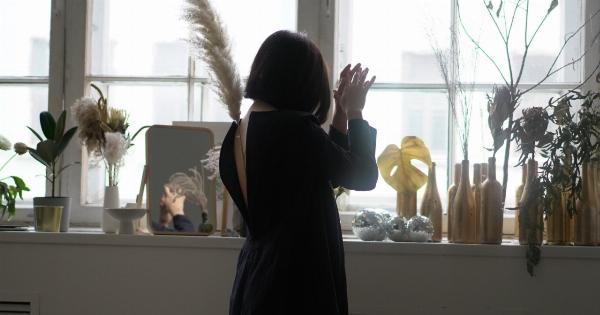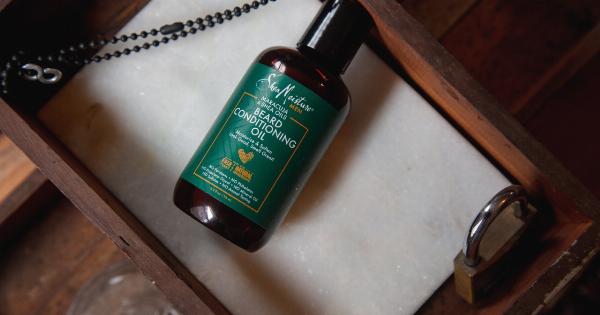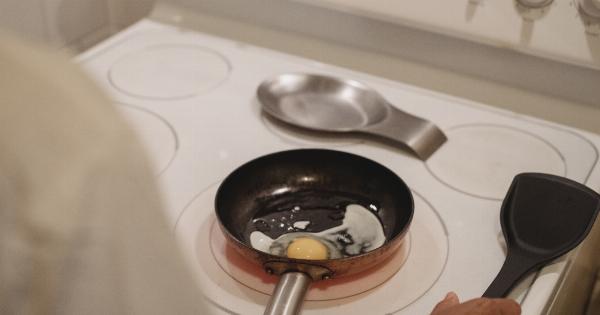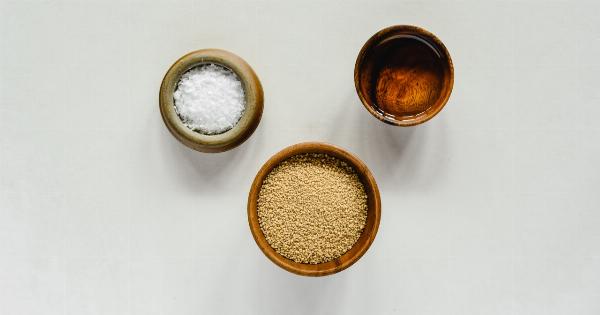If you often wake up with a head of unruly and frizzy hair, you may be quick to blame your styling tools or hair care products.
However, have you ever considered that your pillowcase could be the culprit behind your frizz? It may sound surprising, but the type of fabric your pillowcase is made of can indeed affect the health and appearance of your hair. In this article, we will delve into the reasons why your pillowcase may be causing frizzy hair and explore some possible solutions to this hairy problem.
The connection between pillowcases and frizzy hair
Frizzy hair occurs when the cuticle layer of our hair becomes raised, allowing moisture to penetrate and swell the strands. This leads to a lack of smoothness and increased tangles, resulting in the characteristic frizzy appearance.
While various factors can contribute to frizz, such as humidity and heat styling, using the wrong pillowcase material can exacerbate the issue.
Most of us spend approximately one-third of our lives sleeping, which means prolonged contact between our hair and the pillowcase. The friction and movement during sleep can cause damage to the cuticle layer, resulting in frizzy hair.
Additionally, certain fabrics have a rougher texture that can further contribute to frizz and damage.
The worst pillowcase fabrics for hair
If you want to prevent frizzy hair caused by your pillowcase, you need to pay attention to the fabric it is made of. Some fabrics are more likely to cause friction and damage to your hair than others.
The following are the worst pillowcase fabrics for hair health:.
Silk pillowcases
You may have heard that silk pillowcases are beneficial for hair health, but this is not entirely accurate. While silk does have some advantages, it is not the ideal fabric for everyone.
Silk pillowcases can indeed reduce friction, which minimizes hair breakage and split ends. However, the lack of friction can also cause hair to slide around more freely, resulting in more tangles and knots. Additionally, silk may not absorb moisture from your hair and scalp, which can leave your hair feeling greasy or damp.
Satin pillowcases
Similar to silk, satin pillowcases are often touted as a hair-friendly option. Satin is usually made from polyester or nylon, and it also reduces friction compared to other fabrics like cotton.
While satin pillowcases can be beneficial for some hair types, they can also cause hair to slip around, leading to tangles and knots. Additionally, satin may not absorb moisture, leaving your hair feeling less fresh and more prone to frizz.
Cotton pillowcases
The most common pillowcase material is cotton, which may feel soft and cozy against your skin but can wreak havoc on your hair. Cotton fabric is known for its high absorption qualities, which can be problematic for your hair.
It absorbs moisture from your hair and scalp, leaving it dry and more prone to frizz. Additionally, the rough texture of cotton can cause friction and lead to hair breakage and tangles.
The best pillowcase fabric for frizz-free hair
Now that we’ve discussed the pillowcase fabrics that can contribute to frizzy hair, let’s explore the best fabric options for a healthier and more manageable mane:.
Satin pillowcases
While satin pillowcases can pose challenges for some hair types, they can be an excellent option for others. Satin allows hair to glide more smoothly across the fabric, reducing friction and potential damage.
However, it’s crucial to choose a satin pillowcase with the right level of slipperiness. Look for satin pillowcases with a slightly grippy texture to prevent excessive sliding and tangling.
Bamboo pillowcases
Bamboo fabric is gaining popularity due to its many benefits, including its hair-friendly properties. Bamboo pillowcases are incredibly soft and gentle on hair, reducing friction and minimizing hair breakage and tangles.
They also have excellent moisture-wicking abilities, absorbing excess moisture without leaving your hair feeling dry or greasy. Additionally, bamboo fabric is naturally hypoallergenic and antibacterial, making it an excellent choice for those with sensitive skin or scalp.
Conclusion
If you’re tired of waking up to frizzy hair, it’s time to consider the impact of your pillowcase. Choosing the right fabric can make a significant difference in the health and appearance of your hair.
Avoid cotton pillowcases, as they can absorb moisture and cause friction that leads to frizz and tangles. Silk and satin pillowcases can be hair-friendly for some individuals but may not be suitable for everyone.
Consider investing in a satin pillowcase with the right level of slipperiness or try a bamboo pillowcase for a more gentle and frizz-free sleep experience.






























